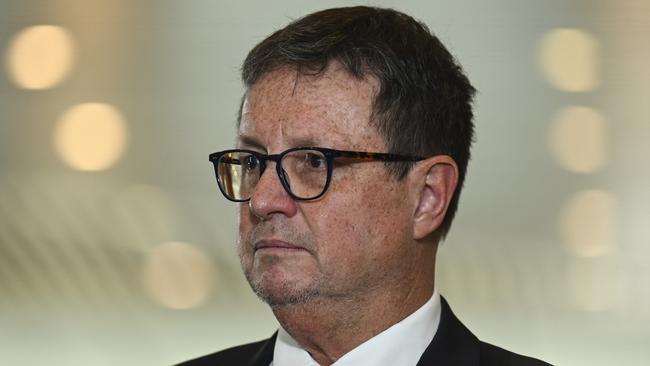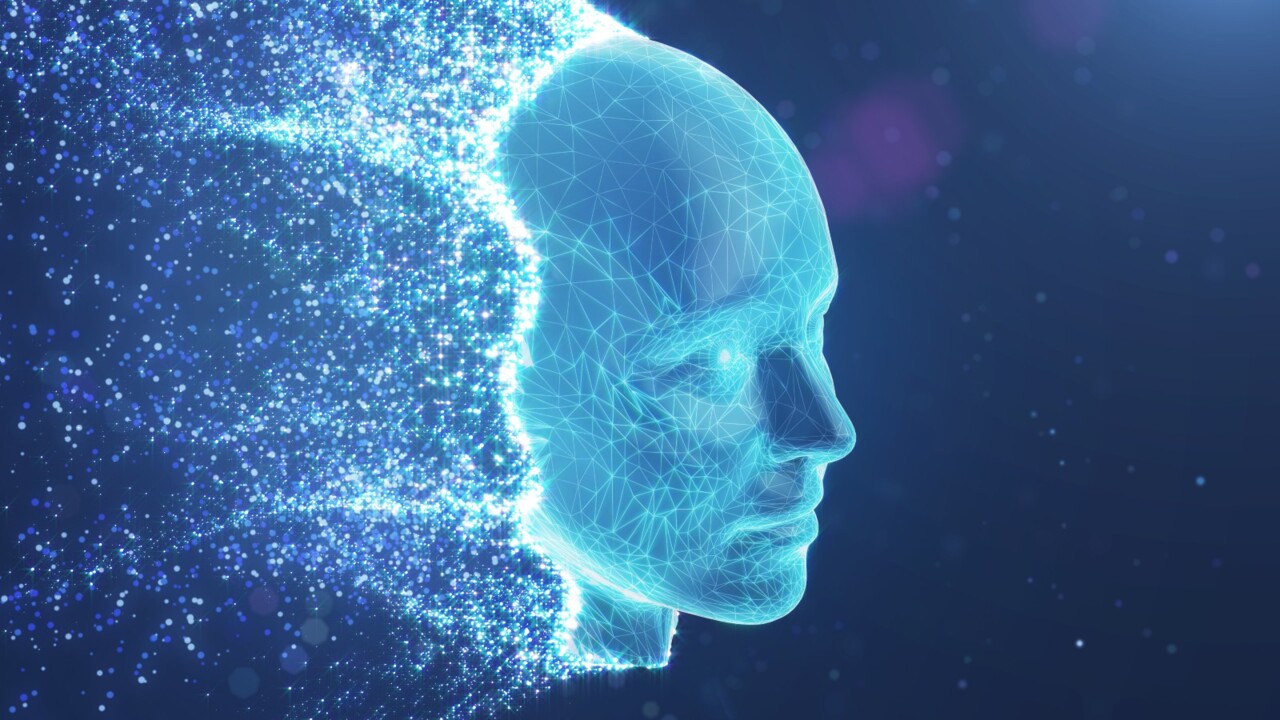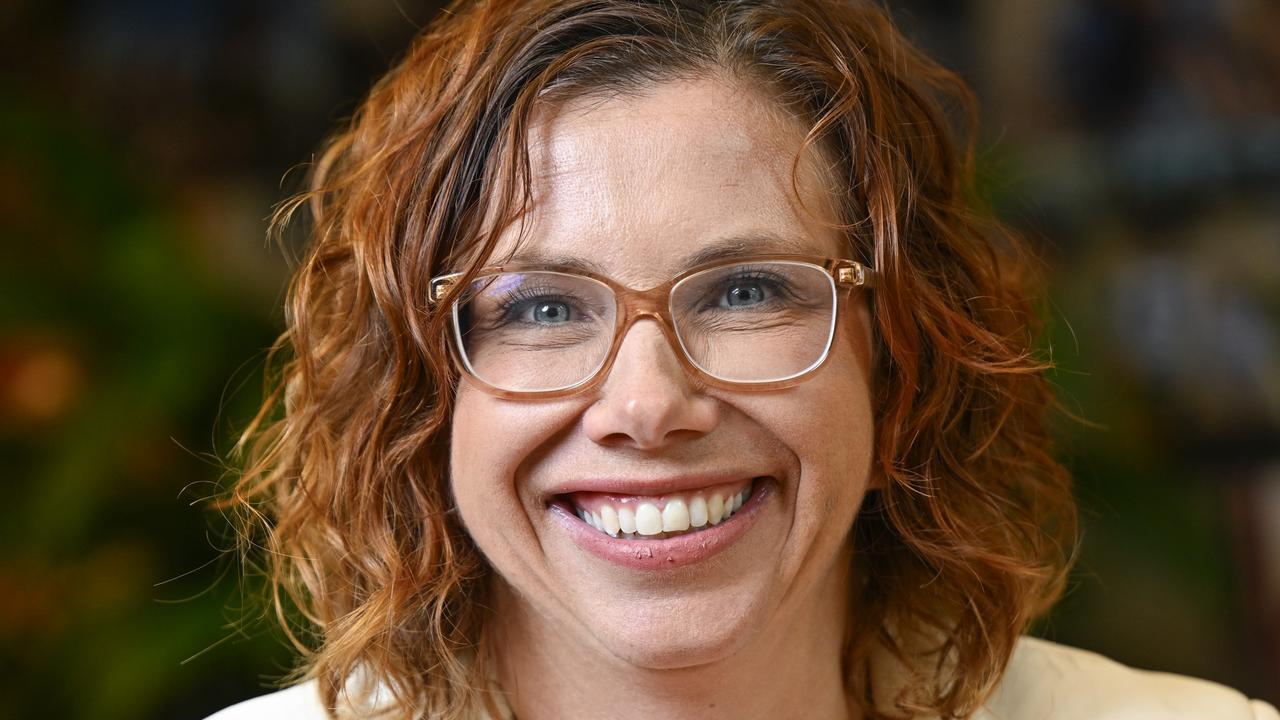AMA president Steve Robson says Artificial Intelligence in hospitals could make it ‘impossible’ for patients to get compensation
Australia’s peak doctor’s body has warned that patients who are misdiagnosed by future AI technologies would find it nearly ‘impossible’ to seek compensation.

Australia’s peak doctors body has moved to head off the unregulated uptake of artificial intelligence in the medical sector, warning patients who are misdiagnosed by future AI technologies would find it “nearly impossible” to seek compensation.
The call for proper rules to be introduced by governments before AI technologies become widespread in hospitals follows revelations earlier this year that some doctors had been using ChatGPT to compile medical notes.
Perth’s South Metropolitan Health Service confirmed in May that one of its doctors had used ChatGPT to generate a “patient discharge summary”, but had since been directed to stop using the technology.
In an address to the AI in Health Readiness Forum on Wednesday, AMA president Steve Robson will say the use of ChatGPT by doctors was met with concern, “and understandably so”.
“It's obvious to everyone that AI has the potential to make healthcare safer, better, more efficient, even more green. But we also have some concerns,” he said, in a draft of his speech seen by The Australian.
“We are concerned that use of AI … could compromise clinicians’ independence and professional autonomy (and) that if it remains unregulated, compensation for patients who have been misdiagnosed or mistreated may be impossible to achieve.”
Currently, technology that assists clinicians with diagnosis is limited to cases in radiology where software is available to help radiologists with image recognition and “decision support”.

But the more AI develops and becomes able to take on decision-making and diagnosis without regulations to guide it, the greater the risk, Professor Robson will say.
“What is the professional conduct and … the standard for AI in medicine? Who is responsible for errors? Who will explain and justify its decisions and actions? What will the consequences for any errors be and will AI be liable for deregistration?” he will say.
“Who will provide the compensation? Me as the medical professional? My Medical Defence Organisation (or) indemnity insurer? The hospital where the error was made? Department of Health or the Australian Commission for Safety and Quality in Healthcare? (The) TGA? These are all the questions that are unresolved at the moment.”
Alarm has been raised over the pace of AI evolution and uptake, with international experts warning on Tuesday it would be “utterly reckless” to progress more powerful AI systems before understanding how to make them safe.
The AMA president – a specialist obstetrician and director of the AI in Health Accreditation Authority – said the government needed to urgently come up with regulations that clearly answered these questions, and established accountability for any errors in diagnosis and treatment.
“When it comes to regulation, the AMA calls for a common set of agreed principles embedded in legislation that will establish a compliance baseline for all those involved,” Professor Robson said.
“Those principles must underpin governance of AI that ensures … patient data privacy and protection … transparency in how algorithms used by AI are developed and applied, and that the final decision on treatment should always rest with the patient and the medical professional.”
He said despite the concerns, there was the potential for AI to significantly alleviate stress on the health budget and medical workforce. “I hope AI is employed to do the tasks that eat into time I could be spending with patients … It can help me plan care that optimises outcomes. It can give me clues to a diagnosis. But it will never replace the reassuring touch of a hand.”







